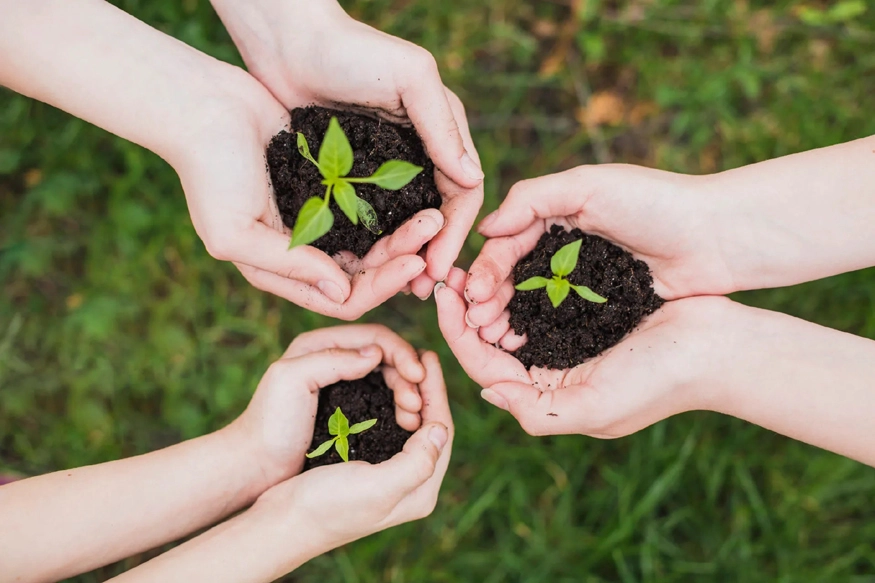A scientific project focused on promoting agroecological practices is being developed in the province of Holguin, as part of the actions of the Tarea Vida, the Cuban State’s plan to confront climate change.
The initiative will last until 2025 and has among its main objectives the training of producers and the use of waste, in techniques such as fertigation and biogas production.
Martha Mouso, senior specialist of the Ministry of Science, Technology and Environment (Citma) in the territory, said that these practices are intended to contribute to local self-sufficiency and increase crop yields.
Likewise, natural fertilizers such as worm humus and tobacco mixtures are applied, an alternative to maintain productivity in the face of the limitations of inputs caused by the intensification of the economic, commercial and financial blockade of the United States against Cuba.
He said that the project named “Strengthening of agricultural capacities in vulnerable communities of Holguín” also intends to benefit the protection of soils through the application of technological packages donated by international initiatives such as Ecovalor.
As part of the implementation of the Tarea Vida, the monitoring of beaches for tourist use, the reforestation of mangroves, the dumping of sand and the use of efficient irrigation systems are also maintained.
This government plan began in the largest Antillean Island five years ago and aims to reduce vulnerabilities in more than 70 Cuban municipalities in the face of saline intrusion, rising sea levels and intense meteorological phenomena, among the negative consequences of climate change.
With information from the Cuban News Agency / Translated by Radio Angulo
- Installation of Photovoltaic Systems in Rural Communities in Holguin - 19 de January de 2026
- 39th City Salon Opens in Holguin - 19 de January de 2026
- Habanos Festival Among Cuba’s Most Important Tourism Events - 19 de January de 2026

